The Iowa State University Spaceflight Operations Workshop™ encourages participation of undergraduate students at Iowa State, students from other institutions, and middle school, secondary and post-secondary educators.
Spaceflight Operations Workshop™
Creating Operational Thinkers
Depart From the Typical Classroom Experience
Operational thinking and user-centered design are important for human space exploration as well as other disciplines.
To be a successful astronaut, or even an engineer here on earth, retired NASA astronaut Clayton Anderson feels that you need to think differently. To foster this premise, Anderson, along with Iowa State University, has created the two-week-long Spaceflight Operations Workshop™, which challenges the way students think.
Departing from the typical college classroom experience, students will participate in hands-on activities to learn planning, execution, and teamwork while transforming their thought processes to be more operationally centered.
The workshop is NOT designed to create future astronauts; it works to create a shift in one’s personal ability to think more operationally. It will present stressful conditions at times, with crewmembers experiencing long days filled with multiple activities. It will CHALLENGE you to be at your best! Let’s see if you have what it takes!
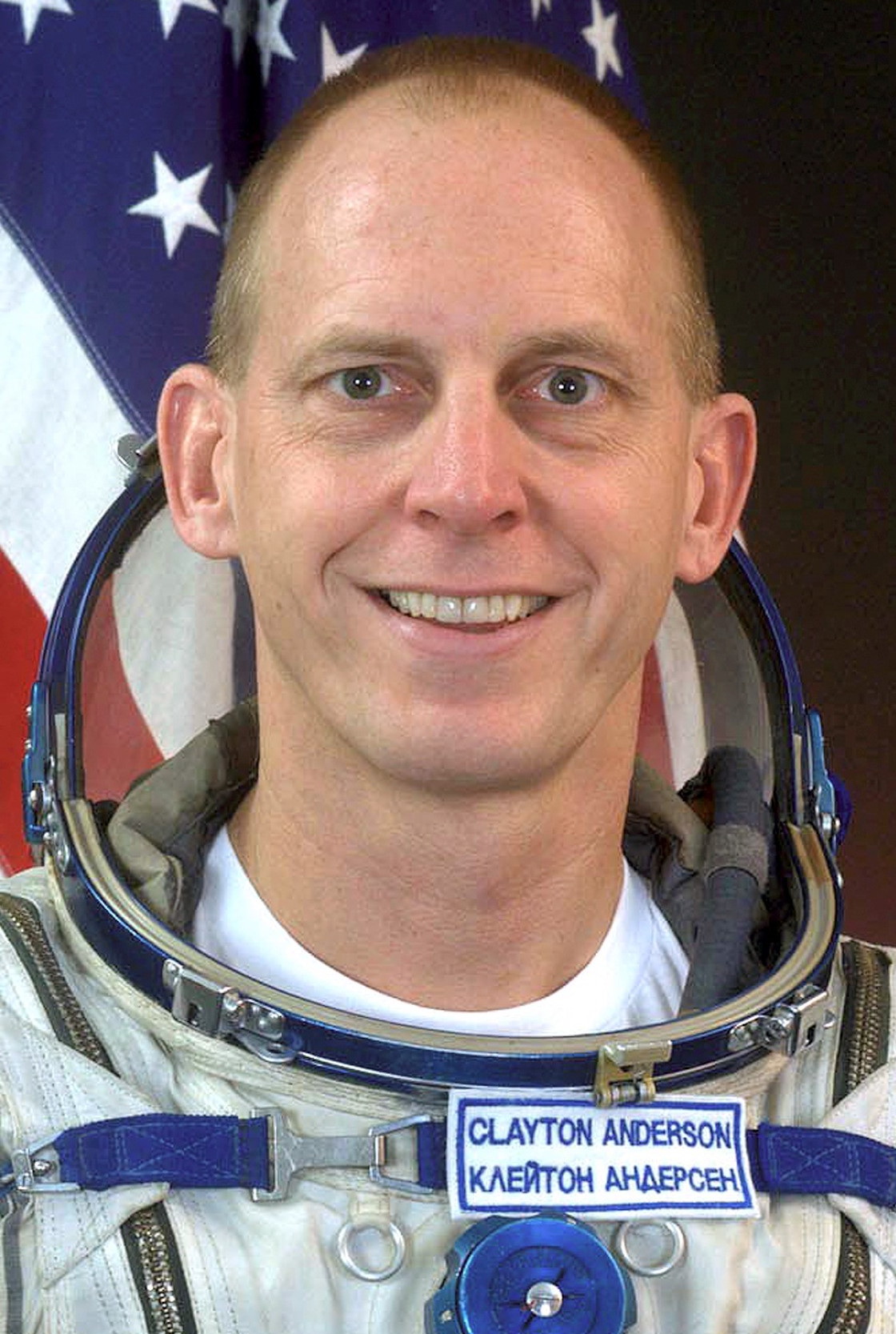
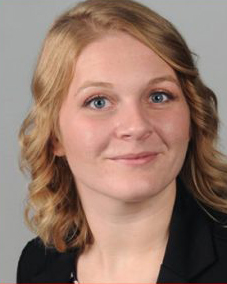
“The Spaceflight Operations Workshop is one of the most beneficial and eye-opening things I have ever done. When you find yourself jumping out of a plane or diving into deep waters, you learn not only about yourself and facing your fears, but about the world around you. That knowledge makes us better engineers.”
Sarah Niles, past workshop participant and design engineering manager for Spirit AeroSystems
See how the Spaceflight Operations Workshop™ can be a game-changer:

About The Workshop
Crewmember students participate in activities, seminars, and exercises similar to those used in actual astronaut training at NASA’s Johnson Space Center in Houston:
- SCUBA diving certification – working in a hazardous environment
- Wilderness survival training – expeditionary behavior, teamwork, and mission planning
- Aircraft Flight Simulation (taxi, takeoff, landing) – includes checklist discipline and cockpit resource management
- Skydiving – a unique and extreme environment, pushing personal boundaries
- Virtual Reality Emergency Response – Battling a virtual fire onboard the International Space Station
- Flight Controller Communication – clarity, brevity, sharing key information
Participants will also take part in classroom activities covering topics such as:
- Leadership and Team Development
- Operational Procedures Development
- Spacecraft Control Panel Design
- NASA Space Station Payload and Science Operations – turning requirements into operational success
Other seminars cover topics such as:
- Space Law
- Space Physiology
- Risk Analysis/Assessment
- Decision Analysis
- Team Performance
- Survival Training Strategies
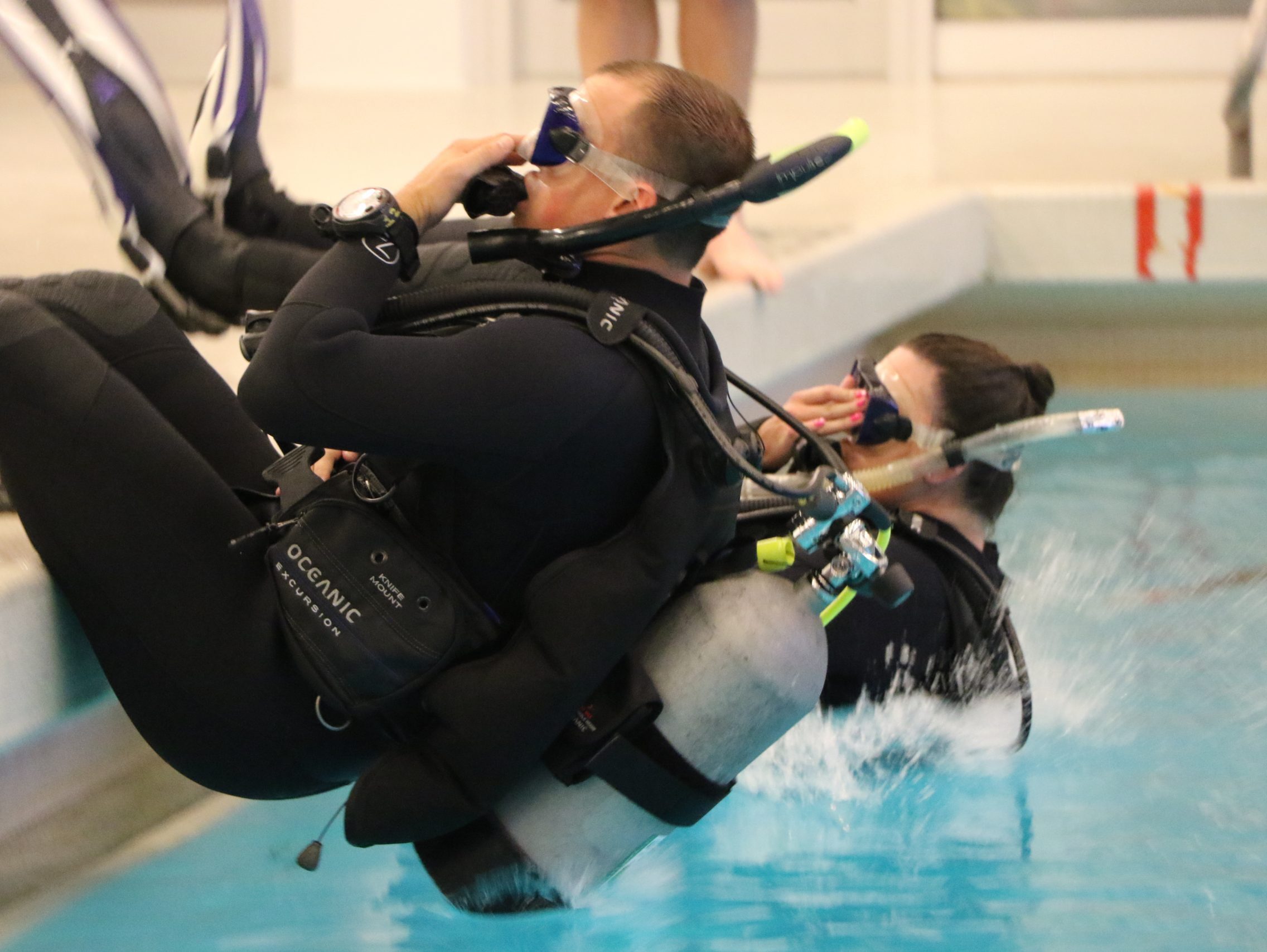
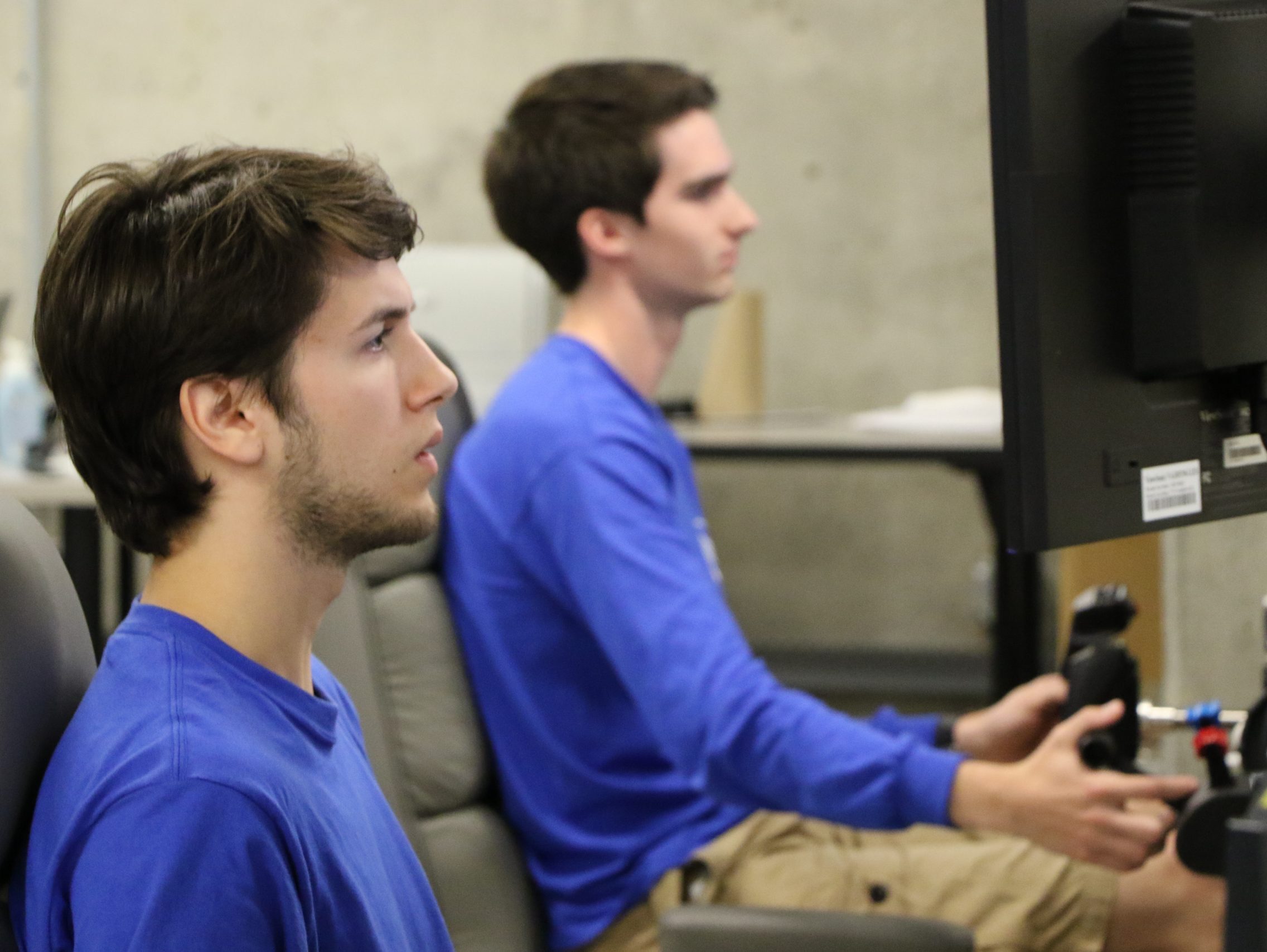
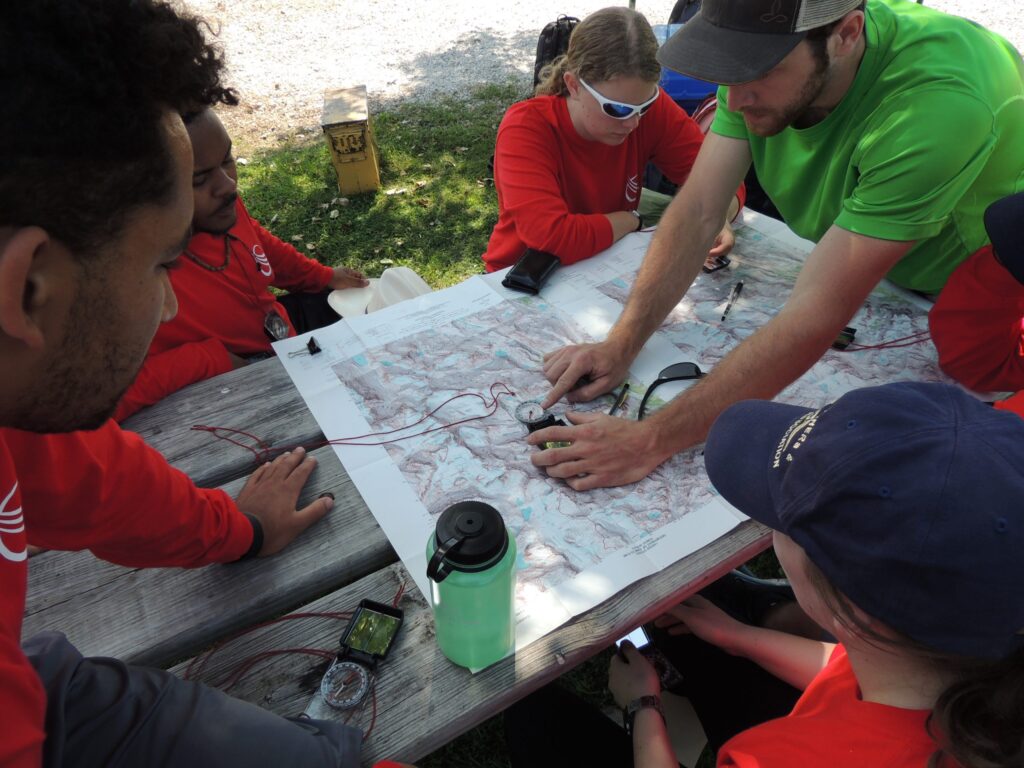
Please review the following information before applying:
Wilderness Survival Training
- Crewmembers spend 3-5 days in wilderness conditions, enhancing their ability to participate in stressful conditions as a team
- Focus is on skill sets such as map reading/orienteering, campsite prep/exit, backpack packing strategies
- Location is typically in Minnesota
- A packing list for this portion of the workshop will be provided
- Crewmembers are expected to report in a physical condition that will allow them to be capable of carrying a heavily loaded pack (as much as 75 pounds) as much as 10 miles per day
SCUBA Certification
- Crew members will be expected to pass a Red Cross-type swimming test upon arrival
- Perform 15 continuous minutes of swim strokes (any stroke), tread water for 10 minutes, and swim 50 feet under water on one breath
- SCUBA gear will be provided
- Pre-workshop SCUBA examination must be completed prior to arrival
Skydiving
- There is a personal weight limit of 210 pounds to be eligible to skydive
- All jumps are tandem with an experienced skydiving instructor
General Comments
- Daily meals are provided
- Dietary restrictions must be clearly provided to the workshop leaders prior to arrival
- We will accommodate these preferences to the best of our ability, but cannot guarantee full compliance
- Housing is typically two crewmembers per room, in a dormitory-type setting
- All crewmembers will be asked to provide in-workshop comments as appropriate and to fill out a post-workshop survey
- All crewmembers must consent to being included in photos and video
